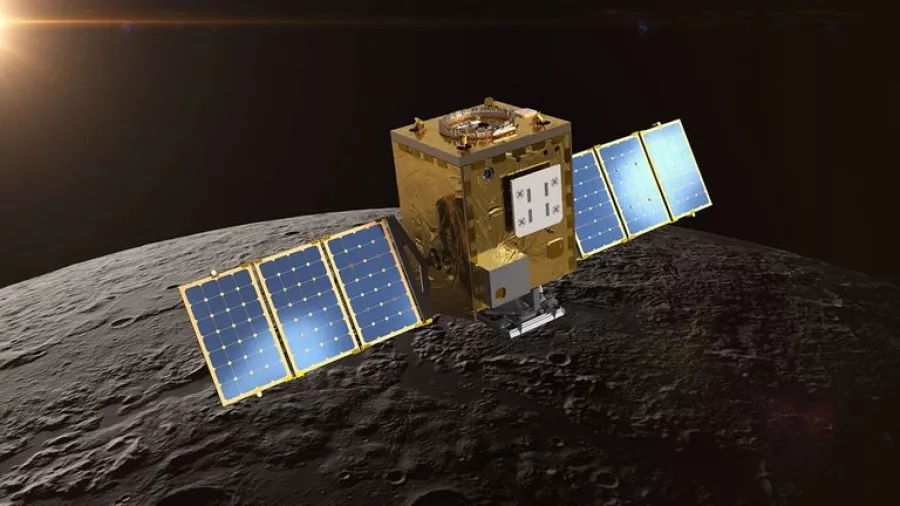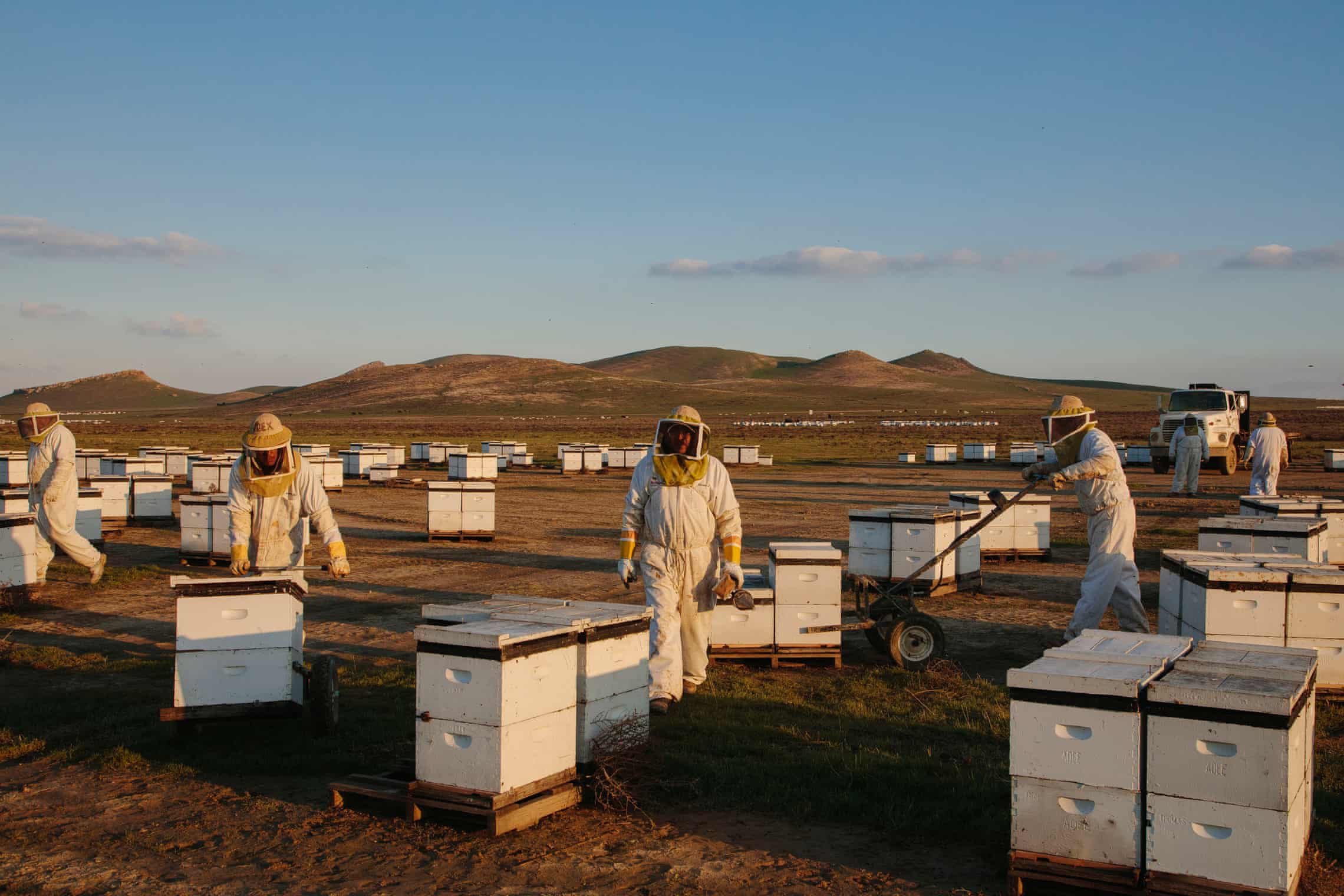 On February 26, 2025, a NASA probe called Lunar Trailblazer lifted off from Kennedy Space Center in Florida. Its mission was to map the water on the moon. But a day after launch, mission managers lost contact with the spacecraft, and it was never heard from again.
On February 26, 2025, a NASA probe called Lunar Trailblazer lifted off from Kennedy Space Center in Florida. Its mission was to map the water on the moon. But a day after launch, mission managers lost contact with the spacecraft, and it was never heard from again.
One year later, NPR has learned exactly why the $72 million dollar mission failed.
A report by a review panel convened by NASA to explore what went wrong contains the explanation. Software that was supposed to point the spacecraft solar panels toward the sun instead pointed them 180 degrees away from the sun.
In addition, the panel found "many erroneous on-board fault management actions" that, taken together with the solar panel pointing error, "caused the Lunar Trailblazer failure."
NASA provided the report in response to a Freedom of Information Act request.

 Science Glance
Science Glance A newly discovered species of large dinosaur lived in marshy areas, hunted for fish and had an impressive horn protruding from its skull. It is the first time in over 100 years that scientists have discovered a new species of Spinosaurus dinosaurs, which are large fish-eating predators that first emerged during the Jurassic period more than 140 million years ago.
A newly discovered species of large dinosaur lived in marshy areas, hunted for fish and had an impressive horn protruding from its skull. It is the first time in over 100 years that scientists have discovered a new species of Spinosaurus dinosaurs, which are large fish-eating predators that first emerged during the Jurassic period more than 140 million years ago. She navigated segregation to become an esteemed mathematician — and today, her work helps billions of people navigate the world.
She navigated segregation to become an esteemed mathematician — and today, her work helps billions of people navigate the world. Scientists may have discovered an explanation for a cosmic mystery uncovered by the James Webb Space Telescope several years ago: the origin of "little red dots" scattered across the cosmos.
Scientists may have discovered an explanation for a cosmic mystery uncovered by the James Webb Space Telescope several years ago: the origin of "little red dots" scattered across the cosmos. NASA is cutting short a mission at the International Space Station due to a medical issue with a crew member. The agency is planning to return all four members of the Crew-11 mission more than a month early. NASA administrator Jared Isaacman said the crew would return to Earth "in the coming days."
NASA is cutting short a mission at the International Space Station due to a medical issue with a crew member. The agency is planning to return all four members of the Crew-11 mission more than a month early. NASA administrator Jared Isaacman said the crew would return to Earth "in the coming days." Bret Adee is one of the largest beekeepers in the US, with 2 billion bees across 55,000 hives. The business has been in his family since the 1930s, and sends truckloads of bees across the country from South Dakota, pollinating crops such as almonds, onions, watermelons and cucumbers.
Bret Adee is one of the largest beekeepers in the US, with 2 billion bees across 55,000 hives. The business has been in his family since the 1930s, and sends truckloads of bees across the country from South Dakota, pollinating crops such as almonds, onions, watermelons and cucumbers.






























